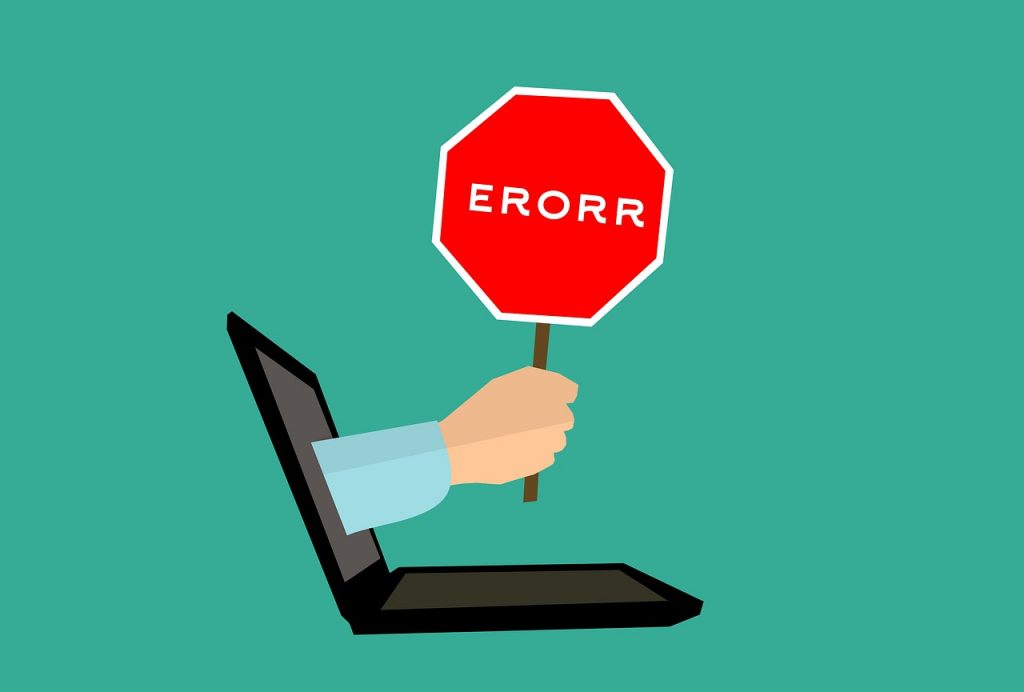Living through a pandemic has taught us many lessons. The importance of good health- both physical and mental became a talking point in the year gone by. As work cultures switched from cubicles to homes, employees had their fair share of challenges to deal with, which in turn took a toll on their productivity, for better or worse? Has work from home culture raised the expectations vs performance bar? Let’s understand in more detail how working from home impacts productivity.
Understanding History of Work From Home
A majority of Indians (the senior working force) may have been introduced to the work-from-home routine due to the lockdown, remote working has not been a novel concept abroad. Working from home or ‘remote working’ is decades old, but the conversation about productivity becomes more relevant today, as a majority of people globally function from home, irrespective of their choice.
Coping Up With the Changes

Back in March 2020, when people cocooned in their homes and worked, there were reports of working from home improving productivity. By May 2020, exactly three months into the lockdown, Prodoscore, a leading productivity intelligence tool revealed a 47% increase in efficiency of people working from home. Employees were saving their travel time, they could work in their pyjamas, meetings were either cancelled or virtual, you could munch while you work. The idea of working from home was new for many and seemed a great start.
Technological Barriers

For the millennials and the seniors experienced with WFH setting, the transition of shifting from desks/cubicles was not difficult. But for others, the challenges began from dealing with all technical problems on their own. From something, as basic as, inability to connect to an internet connection or complex tasks of scheduling/attending Zoom meetings, the non tech-savvy populace faced the brunt. “You’re on Mute” can be called the key phrase of this pandemic-induced working culture.
Extended Work Hours

One of the greatest disadvantages of working from home is the inability to disconnect. Not everyone is able to demarcate between work and personal life. Working hours stretched beyond stipulated 8 to 9-hour shifts. Employees were spending more time in front of their laptops, than their families, despite constantly being under the same roof. You are not alone if you are feeling worked up; over 3 million people share the same sentiment! As per a research by Harvard Business School, an employee’s average workday increased by 8.2%, i.e. an extra 48.5 minutes each day. The study analysed emails and meeting times of 3.1 million people across 16 global cities.
The immediate effects were seen on mental health issues. Mental health experts saw a spike in cases where people complained of work stress, and anxiety fuelled by work pressure. Productivity was naturally seeing a downward slope, even though the graph of working hours steeped.
How Do We Exactly Measure Productivity

Productivity can be called an umbrella that covers – efficiency, timeliness, consistency, promptness, tackling crises to deliver the work. So how do we collectively measure these metrics? Productivity of a person is the amount of time he/she takes to finish a task. It is quite possible that out of an 8-hour shift, a person is productive only 4 hours, and the other 4 are spent contemplating about it. It also depends on an individual’s skill sets, nature of work, their resources to get work done in an expected time-frame. But considering all these factors were favourable, were employees still feeling productive? The perceived ‘benefits’ of WFH were evaporating towards the end of 2020. A report by 451, S&P Global Market Intelligence affiliate states only 11% of employees felt productive and engaged during this work from home. This report dug deep into the quiet opposing findings of another study by Boston Consulting Group, that stated 75% of employees were able to strike the balance and perform well. Know some ways to increase productivity while working from home.
The Counter Perspective

To every research, there could be 5 more with diverse findings. So while some part of the workforce longs to go back to the office, another comfortably set-up their work-desk aesthetic at home. Some of the biggest IT companies have experienced a surge in productivity of their employees, so much so, they decided to implement a permanent WFH policy. Indian IT majors like Infosys, TCS, Wipro, HCL, Tech Mahindra and Microsoft believe in WFH model even after the pandemic is over as the teams are now used to the shift and saw an increase in productivity. Gartner CFO Survey revealed that 74% of CFOs and Finance leaders intend to move at least 5% of their staff to permanently work remotely. Search giant Google has already emailed their staff to work from home till September 2021. The company is testing a ‘flexible workweek’ where employees attend three days a week from office and remaining days from home. Twitter and Square have announced permanent WFH.
Steps to Improve

The findings of increase or decrease in workforce productivity differ industry-wise. But as things are slowly getting back on track, employees do need a break more than ever. Things look brighter with COVID-19 vaccinations being rolled out, a sense of relief is washing over, and that has to be celebrated. Fixed day offs or a little breather to go on a getaway, to step out of home and explore what we missed will instill a positive sense to get back to work again. A corporate offsite could work wonders as an appreciation to those who showed their productivity, or enhance those who were too fatigued of working hours. A little gesture of appreciation can go a long way to fuel one’s motivation to work. And a motivated task force will drive your business to success.
